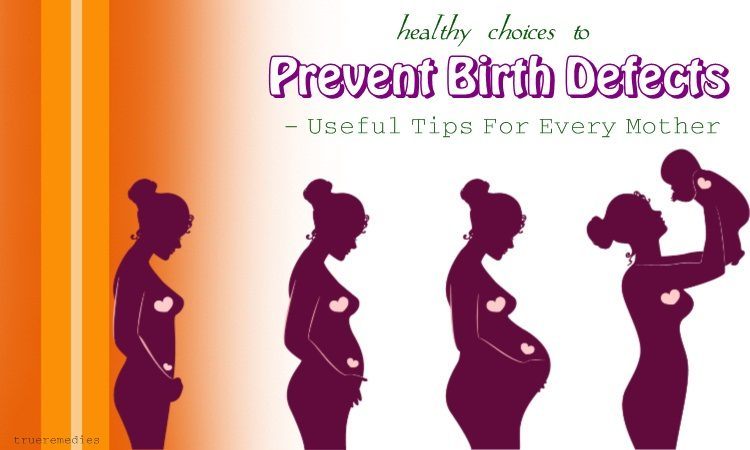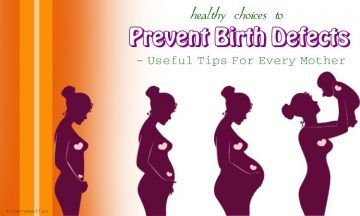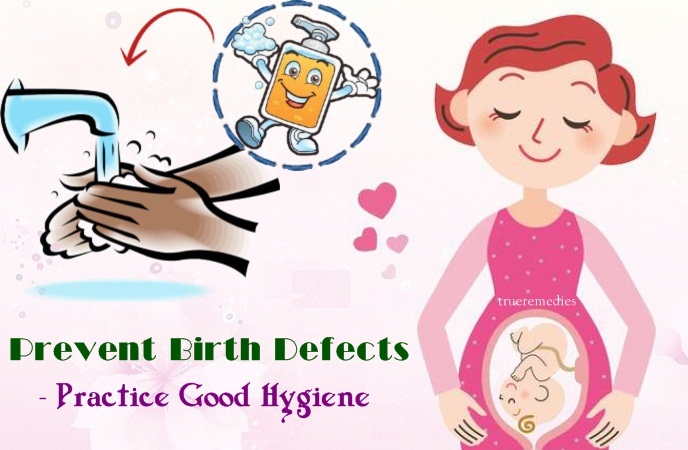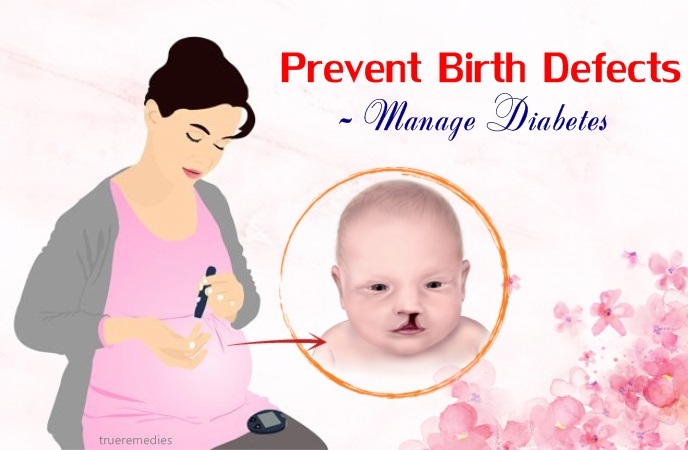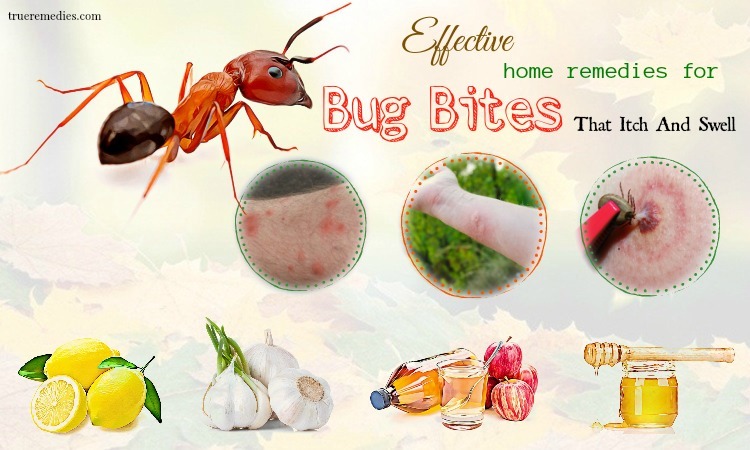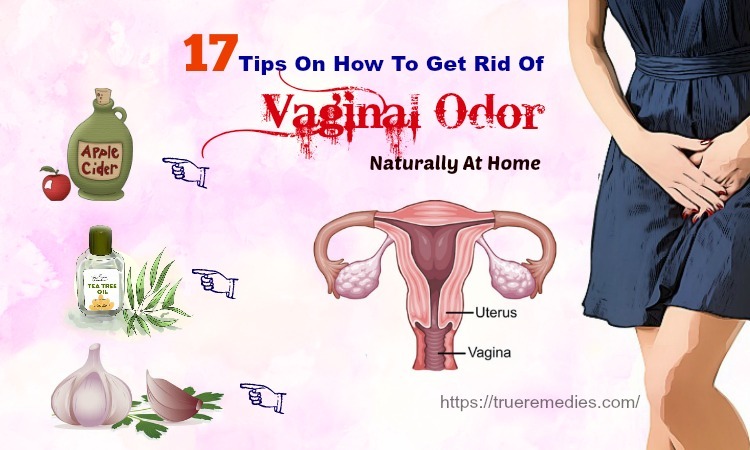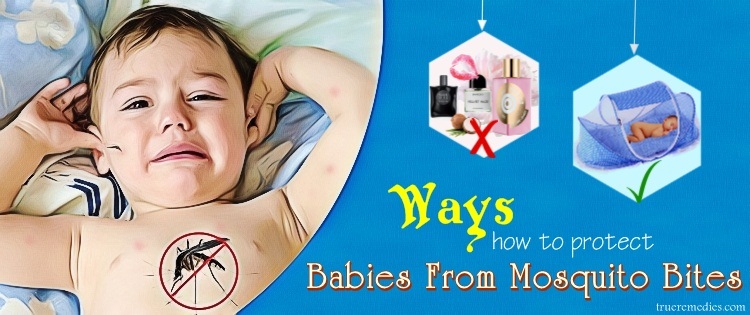Contents
- What Are The Causes Of Birth Defects?
- Prevent Birth Defects
- 1. Get Vaccinated
- 2. Prevent Insect Bites
- 3. Practice Good Hygiene
- 4. Take A Daily Multivitamin With Folic Acid
- 5. Eat A Healthy And Balanced Diet
- 6. Do Not Taking Unnecessary Medications
- 7. Avoid Tobacco, Alcohol, And Drug
- 8. Consult A Genetic Counselor
Certain illnesses, conditions, and infection that occur before and during pregnancy can lead to serious consequences for both mother and developing baby such as serious illness, lifelong disabilities, birth defects/congenital disorder, hearing loss, etc[1]. Many birth effects develop very early during pregnancy, and sometimes it happens before the mother knows that she has a baby growing in her womb. However, there are a lot of healthy choices to prevent birth defects during your pregnancy. It is important for all women to take action before the birth defections hurt you, your family, and your developing baby.
What Are The Causes Of Birth Defects?
Birth defects present at birth are changes in structure that affect parts of the baby’s body, such as the brain, heart, or foot. Birth defects are the critical and common problem that affects 1 in every 33 babies in the United States[2]. While some birth defects have unknown causes, people have found different common causes of birth defects:
- Genetic problem: Some birth defects during the pregnancy are due to the genes passed down from parents to children[3]. These genes may have a mutation or change that makes them not work correctly. Furthermore, the missing of a gene or part of the gene is also a cause of birth defects.
- Infections: The baby who was born by a woman with certain infections during pregnancy is more likely to get birth defects. For example, there is an association between infection with Zika virus during pregnancy with microcephaly, a birth defect making the skull and brain of the baby smaller than normal. Zika infection also causes other structural problems related to the brain.
- Chromosomal problems: The missing of a chromosome or part of a chromosome is linked to some birth effects[4]. For example, Turner syndrome in a baby is caused when a woman is missing an X chromosome. On the other hand, an extra chromosome is also associated with some birth defects such as Down syndrome and Klinefelter syndrome.
- Exposure to harmful chemicals, medications, or other factors during pregnancy: For instance, a mother taking thalidomide has more risk of developing birth defects. The exposure to rubella and toxic chemicals like hydrocarbons is also linked to birth defects.
Healthy Choices To Prevent Birth Defects – Useful Tips For Every Mother
Not all birth defects can be kept at bay, but here are things women can do before and during pregnancy to reduce the risk of this problem for a healthy baby.
1. Get Vaccinated
Vaccines are important if you are planning or having a pregnancy. Therefore, when you are ready to get pregnant, you should make an appointment with your healthcare provider to plan for your vaccines. Rubella and chickenpox infections during pregnancy increase the risk of birth defects[5]. Therefore, as a useful tip on how to prevent birth defects, you should get an MMR or varicella vaccine at least one month before pregnancy.
If you are having pregnancy now, it is recommended to get two vaccines during the pregnancy period to protect your health and give birth to a healthy baby. Two needed vaccines for women with pregnancy is the Tdap vaccine which can fight against whooping cough and a flu shot that helps prevent influenza.
2. Prevent Insect Bites
Insect bites not only are itchy and annoying but also lead to serious birth effects[6]. For example, Zika virus that is transmitted by mosquito bites is linked to microcephaly (a small head) and serious birth defects of the brain[7].
TrueRemedies Partner Solutions

Need a Help from the Leading Expert Online, Available 24/7?
They’re all here and ready to answer your questions online or by phone. Keep asking questions until you get the answer you need.
Therefore, it is important for you to protect your family and yourself from insect bites by wearing a long-sleeved shirt and long pants when you go outside, using insect repellents and avoiding traveling to areas with Zika virus.
3. Practice Good Hygiene
Cytomegalovirus (CMV) is a common virus causing some problems in babies such as hearing loss and microcephaly[8] [9]. This virus can pass from a woman to her developing baby during her pregnancy. But women can reduce the risk of this virus by avoiding contact with urine and saliva from young children and babies. This is because the urine and saliva of children infected with CMV contain high amounts of the virus. Therefore, being pregnant, you should avoid sharing utensils, food, and cups with a child. Furthermore, it is important to wash your hands after you change your baby’s diapers.
4. Take A Daily Multivitamin With Folic Acid
If you are planning to get pregnant, you should take a daily multivitamin with folic acid[10] [11]. The recommended folic acid for women who want to conceive is at least 400 micrograms[12].
Folic acid, an important B vitamin, plays an important role in reducing birth defects such as anencephaly and spina bifida. It is recommended to get enough folic acid in your system before conception to get the maximum benefits. But it is still important to continue taking this vitamin during your pregnancy to protect your health and your baby’s health.
5. Eat A Healthy And Balanced Diet
Eating well is a great way to protect health and prevent diseases. It is also true when you get pregnant. Pregnant women eat not only for themselves but also for their developing baby in the womb. When you eat unhealthy bad foods, your child will eat too.
So, next time, think twice before you put something in your mouth, which is one of the healthy choices to prevent birth defects. It is recommended consuming food that is rich in vitamins, including vitamin C and folic acid.
Eating food helps to absorb vitamins and nutrients better than taking supplements. Therefore, you should consume plenty of veggies and fruits and lean proteins thorough pregnancy.
Furthermore, keep in mind that you do not try a new diet during pregnancy without consulting your doctor.
6. Do Not Taking Unnecessary Medications
Some medications are necessary and required during pregnancy, especially for someone who is trying to control chronic conditions such as hypothyroidism. However, some medications are dangerous and harmful for pregnant women because it may result in birth defects.
Scientists have found a close link of medications like isotretinoin (Accutane) and thalidomide (Thalomid) to birth defects[13] [14]; therefore, they should not be used during pregnancy. Some medications also do not have enough drug studies or research data for safe pregnancy and conception; therefore, they should not be excluded from the pregnant period.
Some natural herbs that are considered as medication must be avoided because it is detrimental to pregnant women and their child or affects a fetus.
Pregnant women who want to prevent birth defects need to take necessary medications for pregnancy only if it is needed and always consult your doctor before taking any prescription medication, over-the-counter drug, or herbal supplement.
7. Avoid Tobacco, Alcohol, And Drug
According to the Centers for Disease Control and Prevention (CDC), tobacco, alcohol, and drug are linked to preterm birth, stillbirth, low birth weight, miscarriage, and other severe consequences for pregnancy[15] [16]
Therefore, quitting smoking before and during pregnancy is strongly encouraged and advised as one of the best ways on how to prevent birth defects. Do not think of “occasional glass of wine,” as it is definitely bad for your developing child.
Drinking alcohol has no good for pregnancy. Unfortunately, the misinformation about a safe or recommended amount of alcohol makes pregnant women have higher risks for the unborn baby, like developmental disabilities or miscarriage[17].
8. Consult A Genetic Counselor
The webmd.com has shown that more than 7,000 birth defects are caused by a genetic factor[18]. Therefore, women coming from a family with a history of birth defects should consult a genetic counselor for the genetic makeup to determine whether their unborn baby get a risk of birth defects.
This genetic counselor will ask about the family histories of a couple and evaluate the risk for any child they have. Sickle cell disease, heart disorders, and Down syndrome are the common birth defects caused by a genetic component.
9. Maintain A Healthy Weight
Keeping a healthy weight is important for your health, and it is true for pregnancy. Obesity or overweight in women before and during pregnancy is linked to birth defects in babies born, including those of the spinal cord and brain.
The risk of spina bifida, a condition that impacts on the spinal cord of a fetus is often seen in a baby born by an obese woman[19]. This condition can be prevented if women take 400 micrograms of folic acid before and during their pregnancy. Furthermore, women who want to avoid weight-related birth defects should maintain a healthy lifestyle and diet.
For any changes in lifestyle and diet, you should consult your physician before conceiving a child.
10. Consider Age
Age should be considered well and carefully when you are planning for the birth of a child because women over 35 have an increased risk of birth defects related to genetic mutations like extra or damaged genes[20]. The most common birth defect caused by the age factor is Down syndrome.
If you want to give birth at the age of over 35, you should take several tests to ensure your unborn child is not at the high risk of birth defects, such as an amniocentesis, simple blood test, or chorionic villus sampling.
11. Make A Regular Appointment With A Healthcare Professional
Make sure that you see your doctor or a healthcare professional regularly if you are planning a pregnancy. Furthermore, it is also important for you to start prenatal care immediately when you doubt you are getting pregnant.
It is important for you to see your doctor regularly and keep all prenatal care appointments throughout pregnancy.
12. Manage Diabetes
Suffering from diabetes during pregnancy put your baby at a high risk of birth defects and other serious pregnancy problems[21] [22]. It also impacts seriously on a woman. Therefore, you need to maintain proper health care before and throughout pregnancy to increase the chances of giving birth to a healthy child.
13. Avoid Exposure To Environment Chemicals
The exposure to any harmful chemicals and toxins in the environment will increase the risk of birth defects because these toxins and chemicals can pass into the fetus’ blood through the placenta, affecting the unborn babies and leading to the catastrophic consequences.
The most common chemicals and toxins you may easily get exposed in daily life include solvents such as paint thinner, oil-based paints, lead in some paints, gasoline, pesticides, and contaminated water.
Therefore, the best advice for pregnant women to prevent birth defects is to avoid dangerous chemicals and toxins at any cost. If you have to work in an environment with a high level of solvents, industrial cleaners, gasoline, or paints like the conventional agriculture or a factory, please find a solution to reduce the exposure as much as possible or find a new job.
14. Use Natural Household Cleaners
A 2010 study conducted by the New York State Department of Health reported that women having cleaning jobs during pregnancy would give birth to a child who is at risk of birth defects because they are likely to get exposed to harmful ingredients in these cleaners[23] [24].
Unfortunately, most companies do not reveal the ingredients in their cleaning products; therefore, it is impossible for you to figure out which is in the chemical cleaners.
To protect your baby’s health and reduce the chance of birth defects, you should use all-natural household cleaners that are formulated with pure essential oils and natural mild cleaning ingredients.
15. Use Natural Personal Care Products
The Environment Working Group found that the chemical-based personal care products put your child at a higher risk of birth defects. Some studies report the regular exposure to phthalates present in fragrances, nail polish, and other personal care products is linked to abnormal reproductive development in babies[25]. Studies in rats also show the association between chemicals in hair dyes and birth defects[26].
Therefore, you had better use natural personal care products when you are pregnant. For hair dyes, it is recommended considering plant-based coloring like henna during the first trimester.
16. Consume Enough Iodine
Iodine deficiency is associated with impaired neurocognitive development, fetal death, and cretinism[27]. Cretinism is a birth defect that causes impaired mental and physical growth. Iodine present in dairy products, iodized salt, seaweed, bread, and fish is especially important for pregnant women.
During pregnancy, the woman’s body needs more iodine than normal, and women who follow a low-salt or vegan diet are likely to get iodine deficiency during their pregnancy.
According to the American Thyroid Association, pregnant women should take 150 mcg of iodine on a daily basis during preconception, pregnancy as well as lactation.
It is better to get iodine through your diet. If you can not, taking iodine supplement is alright as long as you consult your doctor and take under supervision. Never overdo it. Taking excessive supplemental iodine throughout pregnancy may cause delayed growth, intellectual disabilities, and heart problems.
Pregnancy is a memorable and exciting experience and expectation for every woman and her loved one, but it could be stressful. Knowing the right things to do for a healthy pregnancy will give you peace of mind. If you have any questions, please feel free to leave them in the comment section of Trueremedies.com, and we will answer them as soon as we can.

